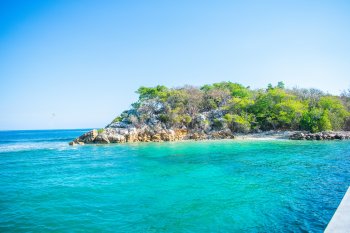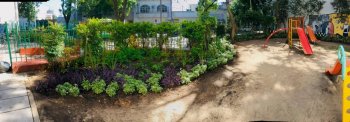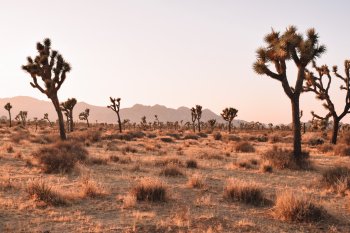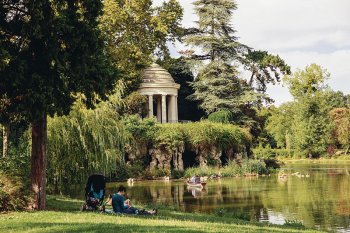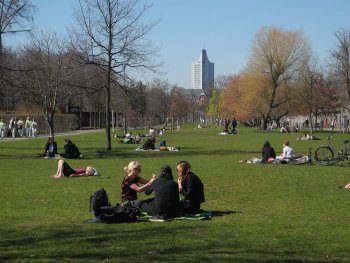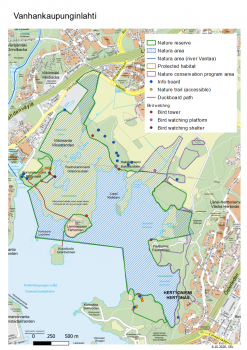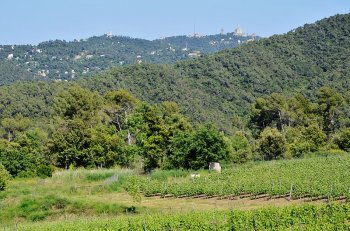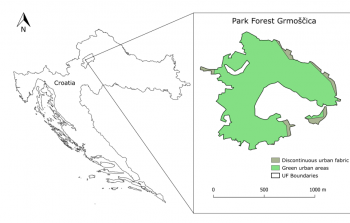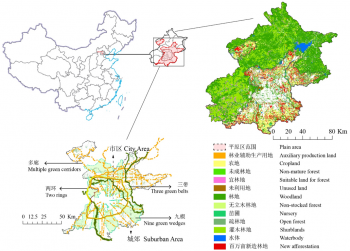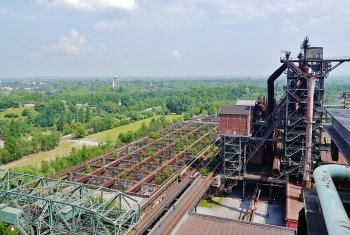The landscape park aims to fulfil a variety of functions:
The provision of recreation and educational facilities for local residents and visitors, and the encouragement of tourism to the area. Socio-cultural and economic benefits focus on education, culture, sports and history while keeping a sense of place through preserving historic elements of the area.
Another focus lies on water protection (Freshwater storage, management and distribution)
The Landscape Park further aims to regulate micro and regional climate,...

